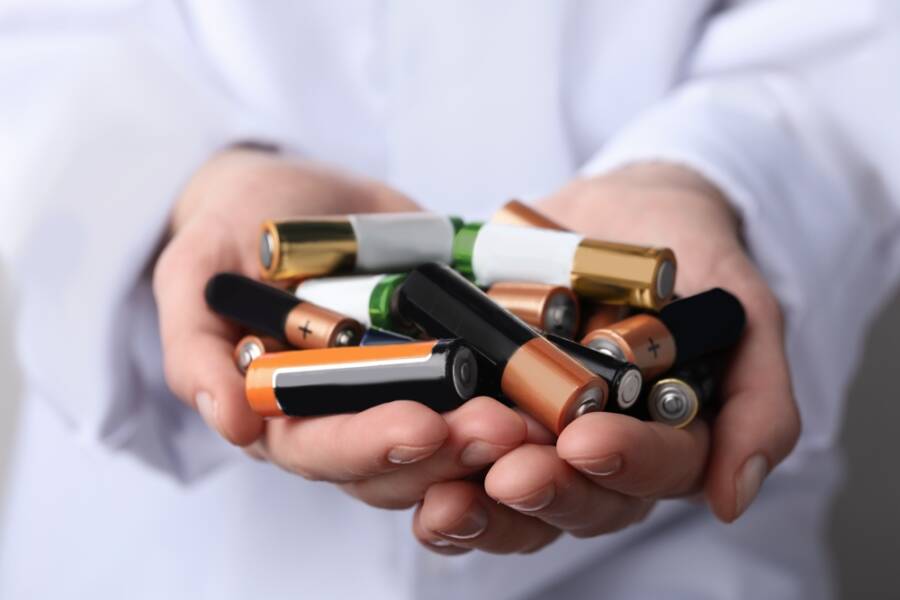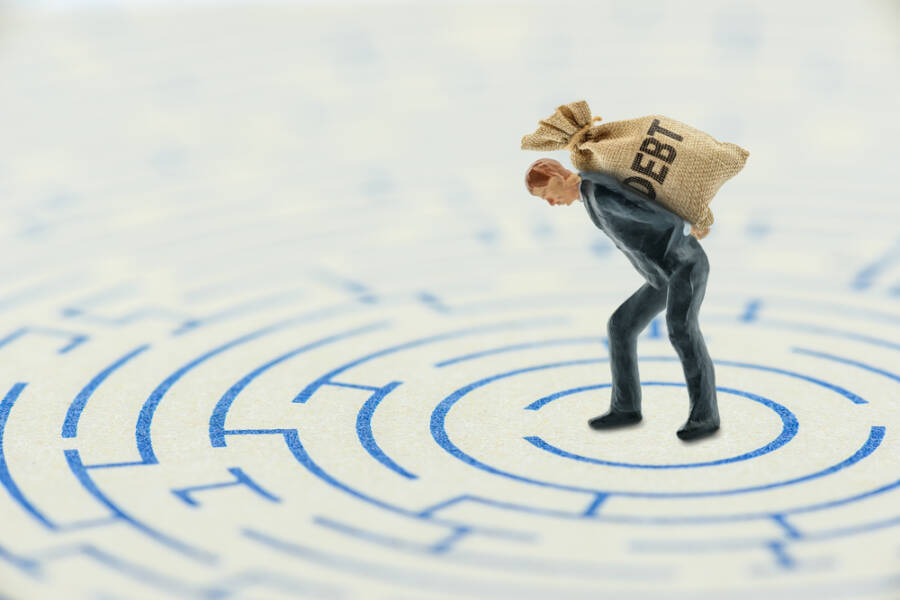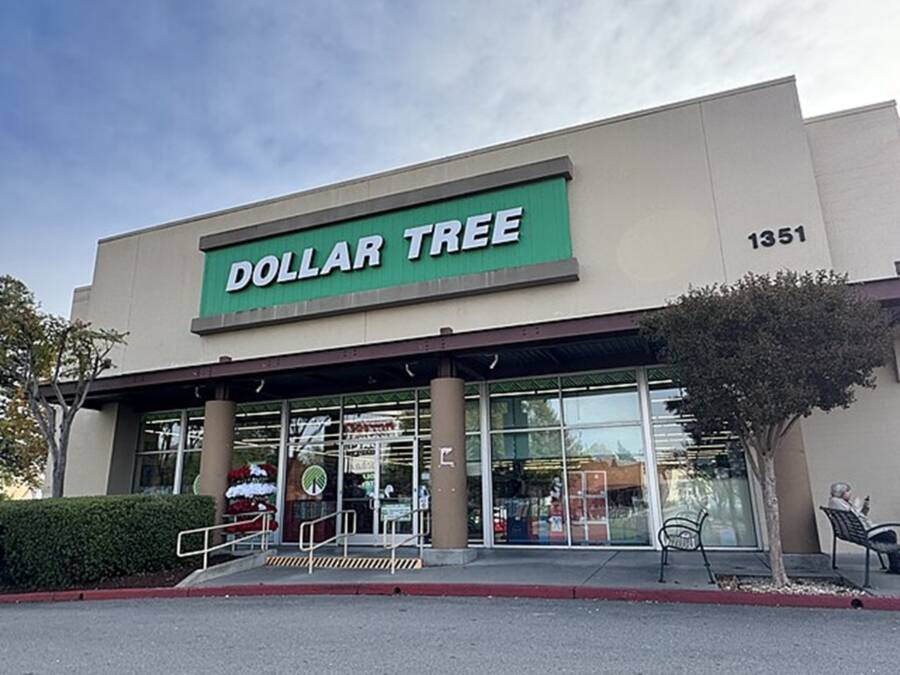
Disposable batteries
You’ve probably realized by now that anything with the word disposable in it is not a good thing. This is also the case with disposable batteries. These highly used items contain non-renewable materials and toxic chemicals which can have damaging effects when leaking into the ground.
To protect the environment, it’s recommended that we use rechargeable batteries, which do not have negative effects on the environment, and are more cost-effective and eco-friendlier.
Pre-packaged produce
It might have seemed more convenient, but buying pre-packaged products was found to contribute to plastic waste and pollution. Not to mention that for such items you have to pay more than you would if you’d just cut the vegetables or the like, by yourself.
In addition, the products inside are not that fresh and might have even been “victims” of unsafe handling and bacteria contamination.
Disposable razors
Disposable razors might seem cheap in the beginning, but if you do the math, they are not so cost-efficient in the long run. Other than that, disposable razors can cause more cuts and even infections. Not to mention the piles of disposable razors found in landfills contribute to metal and plastic waste and pollution.
Paper towels
Deforestation is a real and dangerous thing for our society. Fortunately, people have taken it more seriously than past generations and have tried to reduce paper waste and eliminate the use of items that encourage such a thing.
Paper towels are among those everyday items that are not renewable or recyclable, which makes them dangerous to the environment. Instead of paper towels, people have started using reusable sponges and cloths, which prevent landfill accumulation and also save you more money.
Styrofoam containers
Styrofoam containers were a hit when they first appeared. Everyone liked the idea of food-to-go and many restaurants used such containers. Nowadays, they are slowly, but surely, starting to disappear, says Sea Going Green.
“Styrofoam and plastics take thousands of years to break down slowly; they contaminate our life-giving soils and water, along with the bodies of animals too,” the association explains. In addition, when they heat up, the Styrofoam releases several chemicals that contaminate the food, causing serious health problems.















30 Responses
There’s only one snag to recycling. By the time you’ve sorted everything and taken it to the appropriate disposal points (assuming there are any), there’s no time left to do anything else.
We have single stream recycling in Baltimore County. Once a week, we set out any combination of carboard, papers, tin cans, bottles (plastic or glass) and wood products (broken down) and the conveyors and machines at the county’s processing plants sort everything. The days of having to tie together papers and cardboard have long since past by decades in my area.
If you’ve EVER gardened, you know paper anything is recyclable! Wood pulp! Cotton! And paper towels deteriorate pretty quickly! As does kleenex, although the fragrances and lotions are not good. Anyone with Septic or an RV knows about TP. And if you’re lucky (like some in Placer County) you live in a place where you don’t have to separate garbage from recyclables. They have a conveyor system that separates garbage and recycles easily and automatically. That’s what we need to push for, is more of these types of systems. But even in my area, I can put ALL recyclables (except batteries and other toxic items) in my recyle bin, and the waste company comes by every week with it’s robotic arms and dumps my recyle and my trash bin. They make it easier all the time, and people who don’t at least attempt to recycle are irresponsible. And before you go ballistic, that includes me, as I do what I can, but there’s ALWAYS more you can do with very little effort. I don’t want those who come after me, to blame me for problems that could and should have been prevented!
There are only a couple items that I still buy – like paper towels.
Some alternatives I did not know about – like bamboo products. I do have a bamboo filled pillow.
This has been very helpful. While I’m well-aware of so
Many
Of these no-no’s, I was spirited by some products I had no
clue of. Please keep us updated and info as to alternatives.
We need to save our planet!
Yep! Still getting them all….
Leaving up to libs to destroy us another way…
What an ignorant reply. That ground you walk on sir. Ain’t making anymore of it. It’s called taking care of HOME.
Yep! Still getting
them all….
Leaving it
up to
libs to
de st r o y us another way…
You make no sense.
I’d say everyone I know uses and has most everyone of these items
I buy all of these things except the diapers. I refuse to be inconvenience just to save some trees or some such.
I had 6 babies and could not afford to pay for disposable diapers. Rincing them out and wasing them was not an inconvenience, but rather a responsibility and gift of love for my babies.
well all the welfare stay home moms with 3,4, 5, kids have plenty of time to wash cloth/reuseable diapers, what else do they do
protest
Well that’s a lovely attitude!
WOW… what a selfish pr—..
I stopped buying laundry detergent and shampoo over3 years ago. I buy baking soda in bulk. So I’m Clean, shiny and ‘Poo less’
Yes. I make earth friendly dishwasher pods, laundry detergent, cleaning products and skin products. Very cost effective and they work well. I have pets so I boil water and use a few drops of essential oils or cinnamon for room freshener after cooking fish or strong vegetables with an odor.
Wow those where a lot of things I use everyday. I will have to start practicing what it recommends like bringing my own bags when I go shopping. I learned from this and I hope others will too!
I think that you are spot on with these things. The issue that I have is getting people to listen and then to act on what they learned. Keep the good advice coming !!
I liked this article. I saved it.
I am 73 and must wear like an adult diaper because my bladder leaks. Is there another way I can exist without using them? Please suggest something.
Leaks are awkward, but rarely much liquid. Think of panty liners for absorption, but make them of real fabric. And they do make waterproof panty’s, which save clothing. Add cloth liners to these and you’ll have waterproof AND absorbent. And while the panty’s probably have some sort of plastics in them, they are at least washable and reusable.
This is ridiculous ! Stopping the use of plastic anything is stupid. What happened to recycling everything aluminum, plastic and paper! If humans are so smart than figure out the solution. What is next a ban on plastic diapers ! Choose your poison wisely !
I use paper towels because cloth rags and sponges are germ carriers and germ spreaders if not properly sanitized and changed out often. I use paper towels up to three times, such as wiping my hands, then using them to wipe spills on the counter and then finally, spills on the floor or pet messes. Then I throw them away. I also rip them up into smaller pieces since not every spill needs a full sized towel. I am trying to cut down on the waste, but I don’t think sponges or rags are really safe.
We are not going back said new moms about one month after using washable diapers for a short while. Just no.
Very very naughty list…?? Are you people nuts? Use the plastics in roads and sidewalks and stop banning everything! Use your brain to start stabilizing the waste so it doesn’t harm the environment!
Lots of environmental propaganda in here. The false statements are consistently mixed in with true ones. Too much hog wash to parse through.
These are not items that people are not buying anymore. These are items the author wants people to stop buying because the author is an environmental wacko. The proof is in the writing of each item. Each item is described as how bad it is for the environment and then an alternative is offered. Doesn’t say that people are now buying the alternative except for incandescent light bulbs. LED’s have replaced incandescent bulbs because of technology. I actually wanted an incandescent bulb for its heat to keep a water line from freezing. Could not find one anywhere. Had to buy a small space heater. Way more expensive and way more heat than I needed. I’m all for taking care of the environment, but not by the extreme measures of wacko environmentalists.
I can see the validity in several of these; coffee cups, and polystyrene are definitely on the list of NO.
However, diapers; cloth diapers are horrible when you have to be out in the public and need to change your baby. If there’s no place to dump the contents they stink. And the bleach isn’t great either. Everyone seems to be making stuff from bamboo; has anyone thrown of a disposable diaper from bamboo?
And I will keep my electric toothbrush. Make an ecological one but I’m not getting rid of it.
Yes. I make earth friendly dishwasher pods, laundry detergent, cleaning products and skin products. Very cost effective and they work well. I have pets so I boil water and use a few drops of essential oils or cinnamon for room freshener after cooking fish or strong vegetables with an odor.